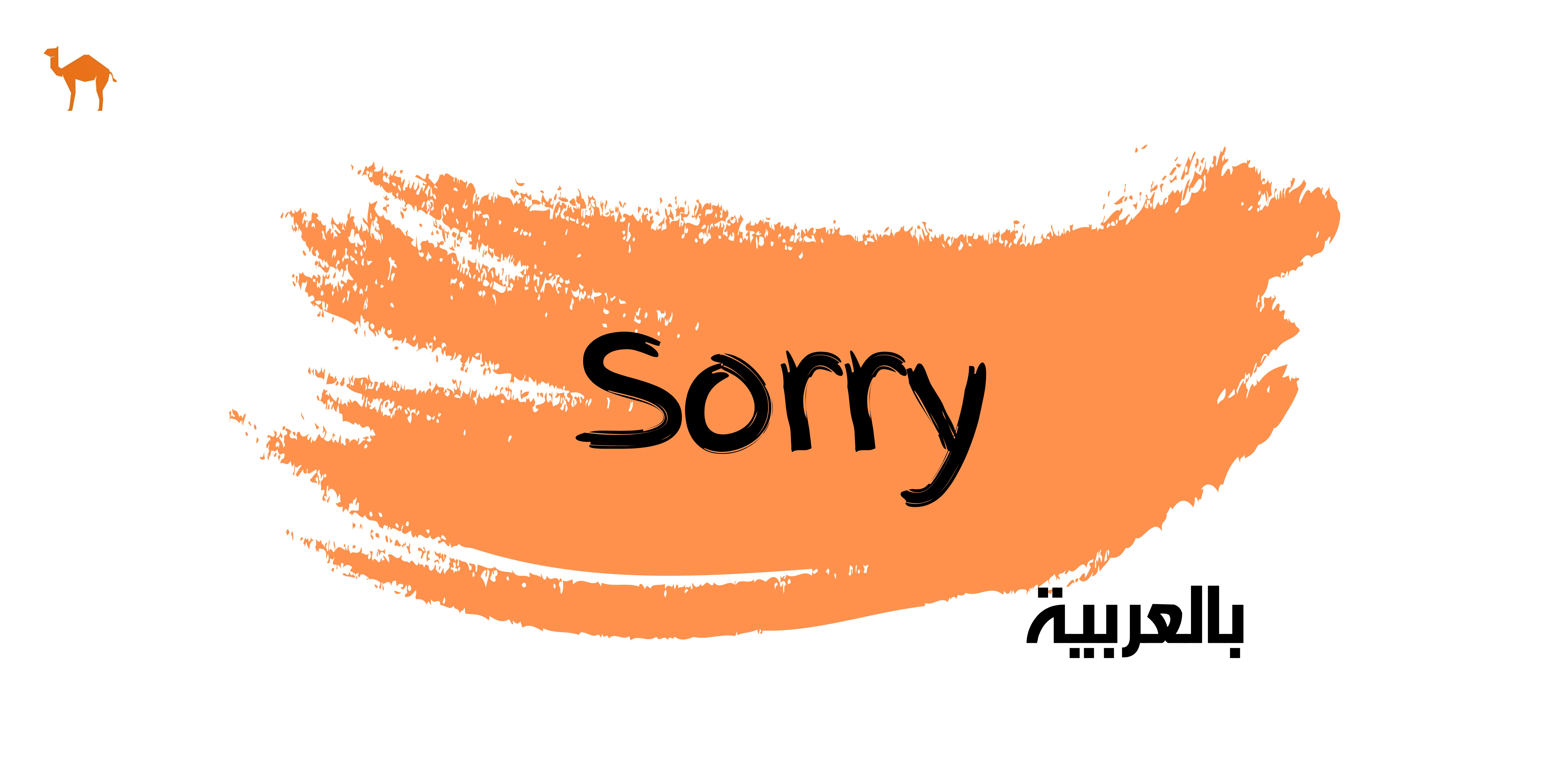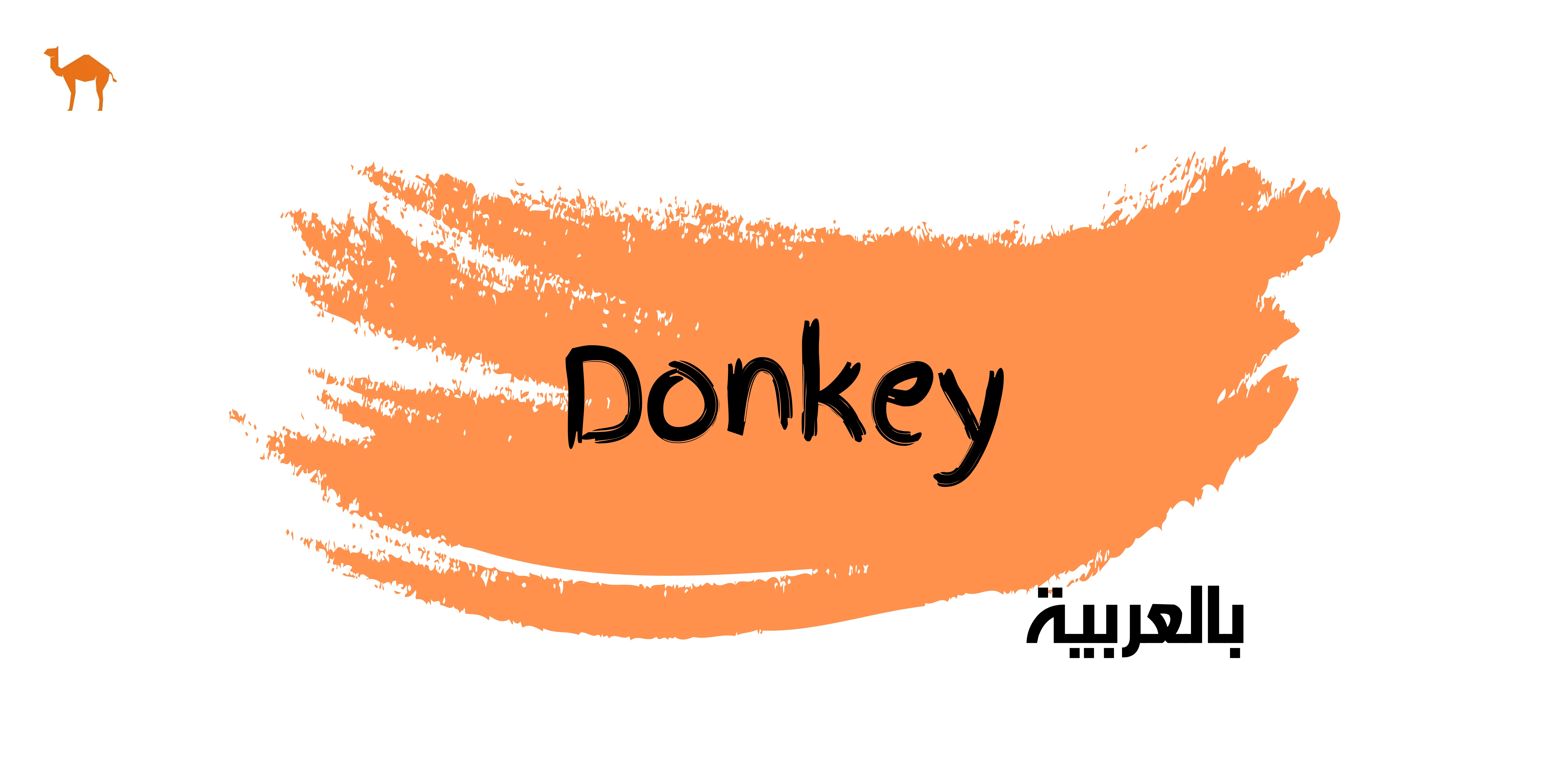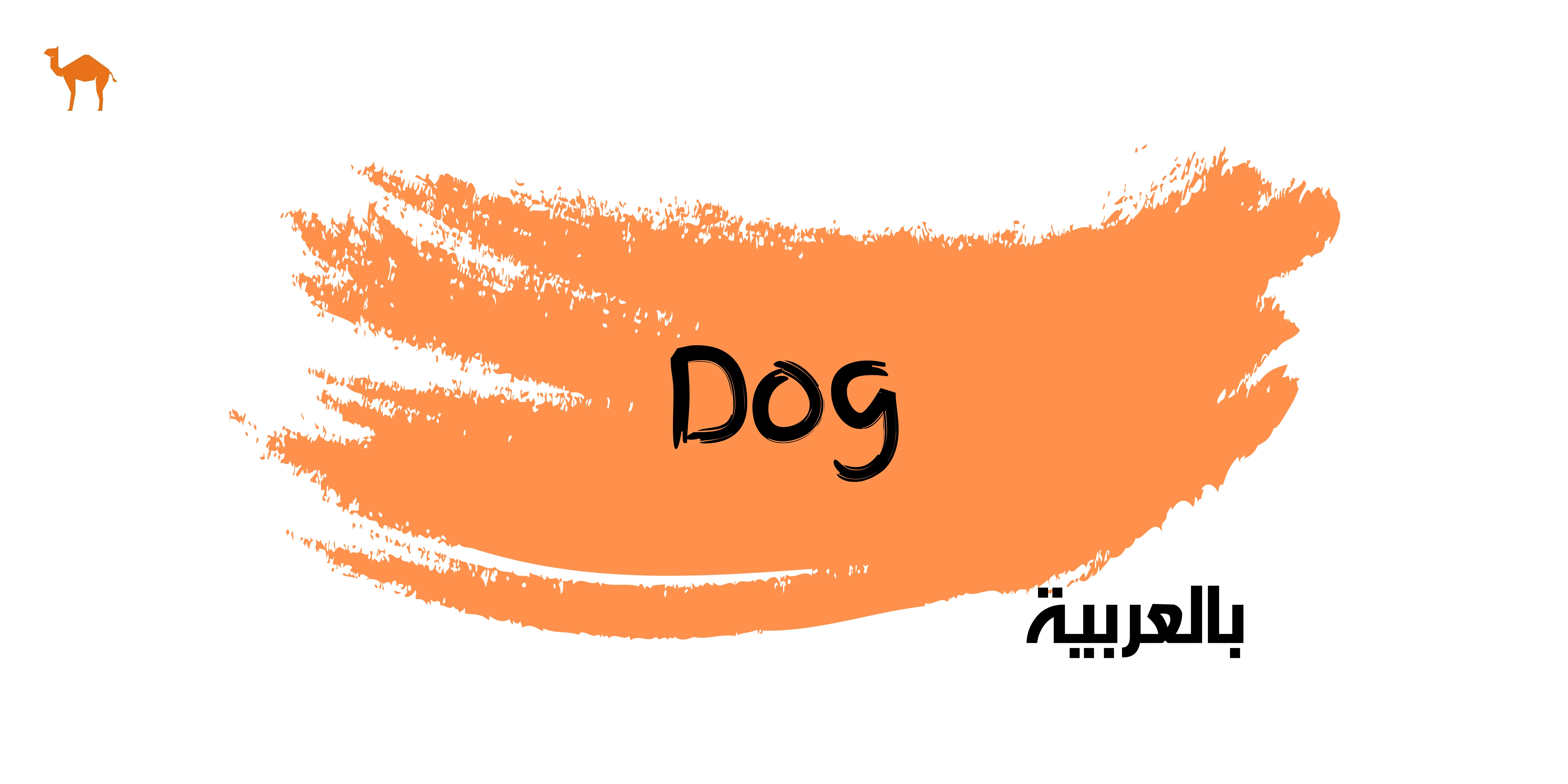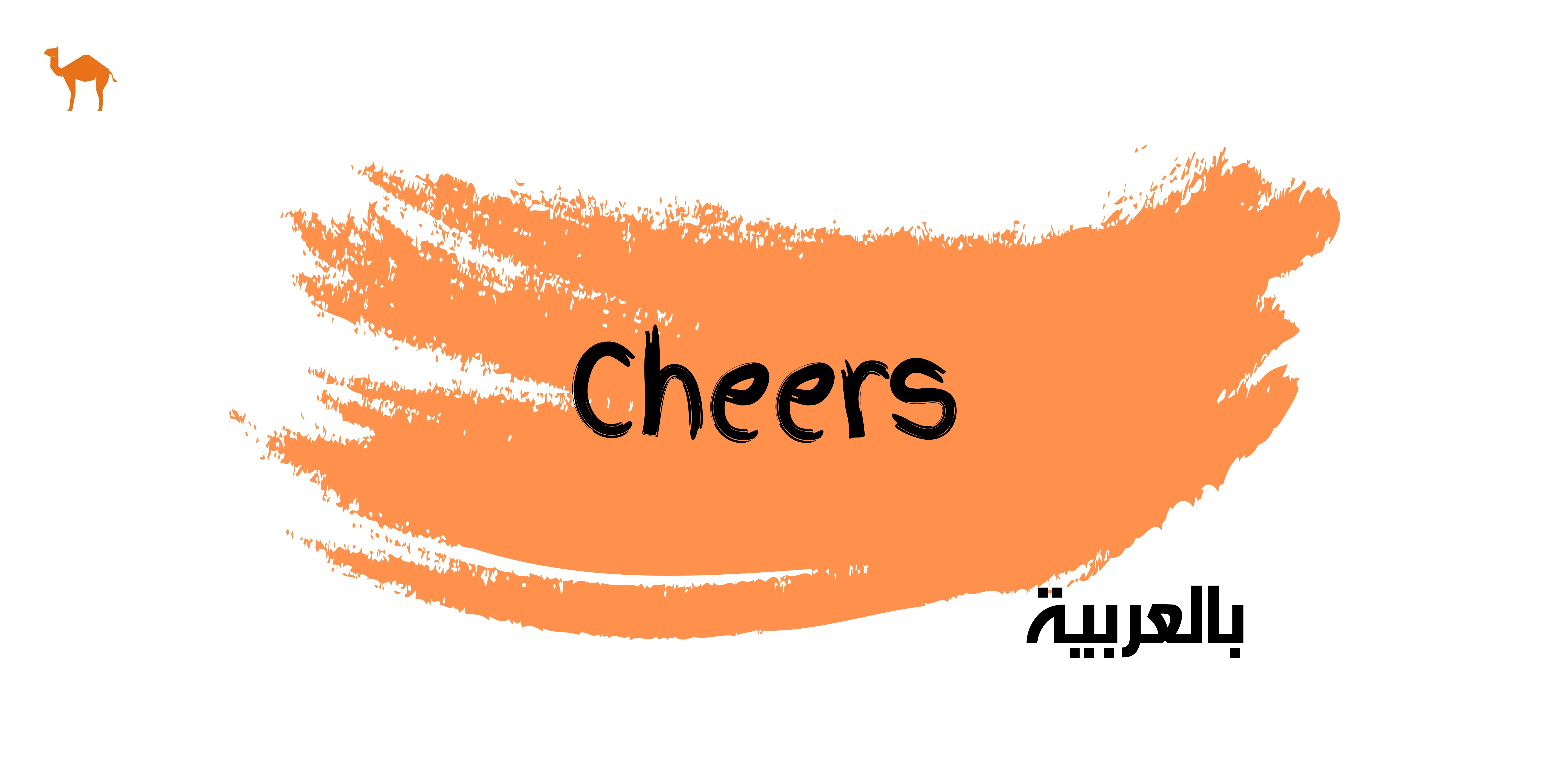How to Say 'Sorry' in Arabic

Apologizing is essential for maintaining healthy relationships and fostering trust. To acknowledge mistakes, show empathy, and help repair any harm caused. By taking responsibility for our actions, we demonstrate accountability and concern for others' feelings. In this article, we will explore how to say sorry in Arabic.
How to Say Sorry in Arabic
The word "sorry" is used in various contexts to make apologies and explanations. Here are some examples of how to say "sorry" in Arabic:
آسف (Asef)
- Meaning: "Sorry."
- Example: ".آسف على الازعاج" (Asef 'ala al-iz'aj) - "Sorry for the inconvenience."
The addition of "-ة" (taa marbuta) at the end of "آسف" to be "آسفة" (aasifa) indicates the feminine gender in Arabic grammar.
أعتذر (A'tadhir)
- Meaning: "I apologize."
- Example: ".أعتذر عن الخطأ" (A'tadhir 'an al-khata') - "I apologize for the mistake."
أرجو المعذرة (Arju al-ma'dhira)
- Meaning: "I apologize/I ask for forgiveness."
- Example: ".أرجو المعذرة على التأخير" (Arju al-ma'dhira 'ala al-ta'kheer) - "I apologize for the delay."
أطلب السماح (Atlub al-samah)
- Meaning: "I ask for forgiveness/Pardon."
- Example: ".أطلب السماح منك" (Atlub al-samah mink) - "I ask for your forgiveness."
سامحني (Samehni)
- Meaning: "Forgive me/Pardon."
- Example: ".سامحني على ما فعلت" (Samehni 'ala ma fa'alt) - "Forgive me for what I did."
أطلب العفو (Atlub al-'afw)
- Meaning: "I seek forgiveness."
- Example: ".أطلب العفو عما بدر مني" (Atlub al-‘afw ‘amma bada minni) - "I seek forgiveness for what I have done."
How to Accept an Apology in Arabic
Accepting an apology in Arabic can be expressed in various ways, depending on the situation and level of formality. Here are a few common phrases you can use:
- أسامحك (asamahuk) - I forgive you.
- أقبل اعتذارك (aqabal a'tadarak) - I accept your apology.
- لا بأس (la bas) - It's okay.
- ليس بالحدث الجلل (laysa bil-hadth al-jaleel) - Not a big deal.
- رجاء لا تلوم نفسك (raja’ la talum nafsak) - Please don’t blame yourself.
- لا مشكلة (la mushkila) - No problem.
- كل شيء على ما يرام (kull shay' 'ala ma yuram) - It’s all right/everything is okay.
- إنه ليس خطأك (innahu laysa khata'uk) - It's not your fault.
- لا تقلق (la taqlaq) - Don’t worry.
Explore the richness of the Arabic language and culture with eArabic.io's online courses tailored for learners worldwide, whether you're a beginner or an advanced student, our comprehensive curriculum and expert instruction provide an immersive learning experience accessible from anywhere. Dive into the program in Arabic, designed to deepen your understanding and proficiency in this vital language. Book a free Arabic lesson!


